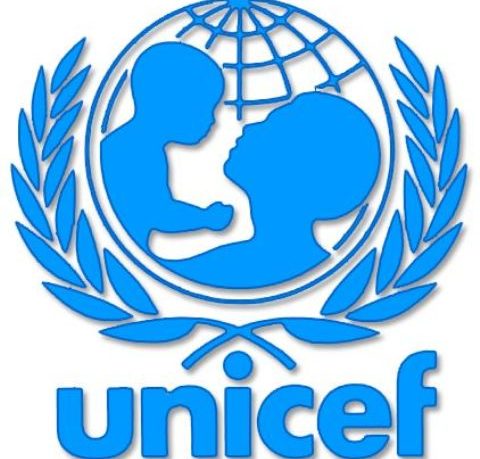By Khalid Idris Doya
The United Nations Children’s Fund (UNICEF) has called on the federal government, its partners, and the international community to ensure all schools across 36 states have the resources and tools to fully implement the Minimum Standards for Safe Schools.
The UN agency, while recalling the 10 years since the abduction of Chibok girls in the Northeast, also called for action to address the critical gaps in safe school infrastructure, preparedness for natural disasters, conflicts, and comprehensive approaches to violence against children.
UNICEF Nigeria Communication Specialist, Suzan Akila in a press statement made available to journalists in Bauchi, strengthened the law enforcement and security measures to protect educational institutions and communities from attacks and abductions.
The statement further urged the government to ensure the continuity of education and learning when schools are shut through multiple learning pathways such as radio and TV programmes and through digital platforms like the Nigeria Learning Passport.
The agency report shows that 37 percent of schools across 10 states have early warning systems in place to identify threats, such as school attacks.
UNICEF Representative in Nigeria, Ms. Cristian Munduate said in the press statement, “The kidnapping of the Chibok girls was a wake-up call to the severe risks our children face in their pursuit of education,”
“Today, reflecting on this tragedy and other recent abductions, it is evident that our efforts to safeguard our children’s futures must be amplified. Given these alarming statistics, we must address not only the symptoms but also the root causes of this crisis.
Munduate described education as a fundamental right of every child, and a crucial pathway out of poverty, yet for too many Nigerian children, it remains an unattainable dream.
“The analysis looked at 6 result areas – strong school system, violence against children, natural hazards, conflict, everyday hazards, and safe school infrastructure – and uncovered significant disparities in the implementation of safe school standards across Nigerian states”.
“Borno State, with a 70 per cent fulfilment of the standards, exemplifies a strong commitment to child safety amidst adversity. Yobe State also demonstrates promising progress. In contrast, Kaduna and Sokoto states lag significantly, with fulfilment rates at just 25 per cent and 26 per cent, respectively”.
In addition to the finding on early warning systems and conflict, the report shows that while schools perform relatively well in terms of training school-based management committees on safety and responding to children’s well-being concerns, only 14 percent of the participating schools across the 10 assessed states have functioning, safe, accessible infrastructure and just 36 per cent have school staff trained on natural hazards.
The agency’s communication specialist further explained that the analysis comes on the heels of disturbing reports of violence affecting schools with brazen abductions of students on the rise.
Statement also recalled that, “In the last 10 years, conflict-related violence has led to more than 1,680 children abducted while at school and elsewhere; 180 children killed due to attacks on schools; an estimated 60 school staff kidnapped and 14 killed; and more than 70 attacks on schools, according verified reports by the United Nations”.
It stated that the threat of abduction of students is severely affecting children’s learning, as of 2021, over one million children were afraid to return to school, and in 2020, around 11,500 schools were closed due to attacks, according to Policy Weekly by Nextier.
Munduate assured that UNICEF is working with the government to ensure that every child can access safe learning environments, as it supported the inauguration of state safe school steering committees and the drafting of state cost implementation plans for safe schools in 13 states.
The agency similarly provides school grants, safety kits, training and awareness raising to accelerate the implementation of the Minimum Standards for Safe Schools.
“As we remember the Chibok girls and all children whose right to education has been compromised, let this somber anniversary serve as a catalyst for change. However, we must acknowledge the recent abductions, which underscore the persistent vulnerability of our schools”.
“To ensure that schools are safe havens, strong political will and proper implementation of safe school standards are essential. Together, we can restore trust between educational institutions and the communities they serve, ensuring schools are sanctuaries for learning and growth, Munduate concluded.




